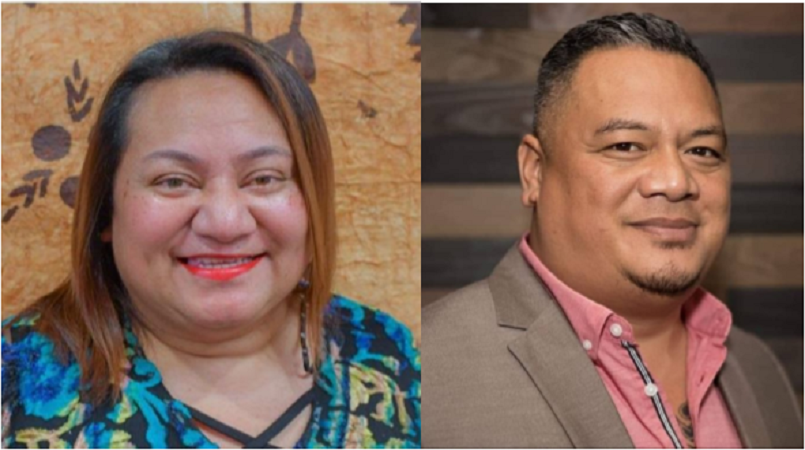
Pacific people in New Zealand, who have had Covid-19 are being urged to take part in a nationwide study on the impact of the virus and how it affected their lives.
The study, which is led by Victoria University, will ask nearly 8,700 people over the age of 16, what it was like to live with Covid-19.
Pacific team leader Tuiloma Lina Samu is making sure people are able to take part in the survey in many Pacific languages.
“If you are willing to take part, you can go through an interview with our Pacific researchers to fa’amatala, to go deeper into what you experienced when you went through Covid, as well your family members.”
Pacific peoples represent 29% of Covid-19 cases in New Zealand and 34% of all cases who ended up in hospital.
Samoan community leader and Covid-19 survivor Tuala Tagaloa Tusani is encouraging Pacific peoples to share their experiences, both good and bad.
“A lot of people are whakamā, like it was a degrading disease whereas for me, I don’t see it like that.
“Our experiences could be of benefit, not just to Pacific peoples, but Kiwis in general.
"One of the scariest things was I got calls from family members who went through what I went through, but were too scared to reach out for help. We shouldn’t be suffering in silence.”
Tuiloma says the study is taking a Pacific approach.
“Often studies only research people as individuals, but we know as Pasifika people, that we are very much family-orientated and we want to make sure we don’t miss out on what the impact on our whole family is.
“This study is an opportunity for our community’s voices who are often not heard and or often silenced, when other voices are privileged.”
Epidemiologist Dr Mona Jeffreys says New Zealand is in a position to provide unique insight because the Covid-19 cases have been largely contained.
“We managed to pick up most people who have had Covid, and from a scientific point of view, it’s really important to work out results based on what we would call a ‘whole population’.”
Dr Jeffreys says the 12-month study will show health officials where more support is needed.
“There are communities who bear the brunt of almost every health outbreak, and very often that’s associated with poverty. We’re living in overcrowded situations, with lack of access to affordable health care. So we’re really hoping that some of the recommendations that are going to come out of this are going to address some of those known inequities.”
Participants will be asked what support and services they received, the financial cost to them and their family, and whether long Covid is still affecting their health.
